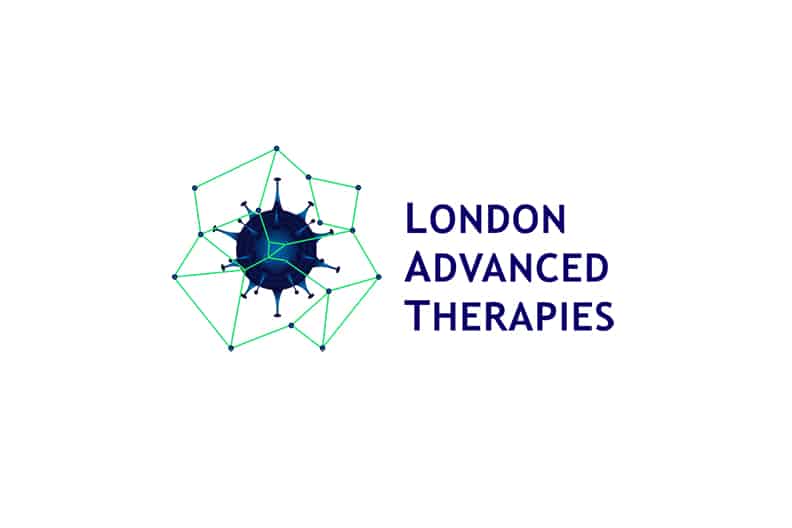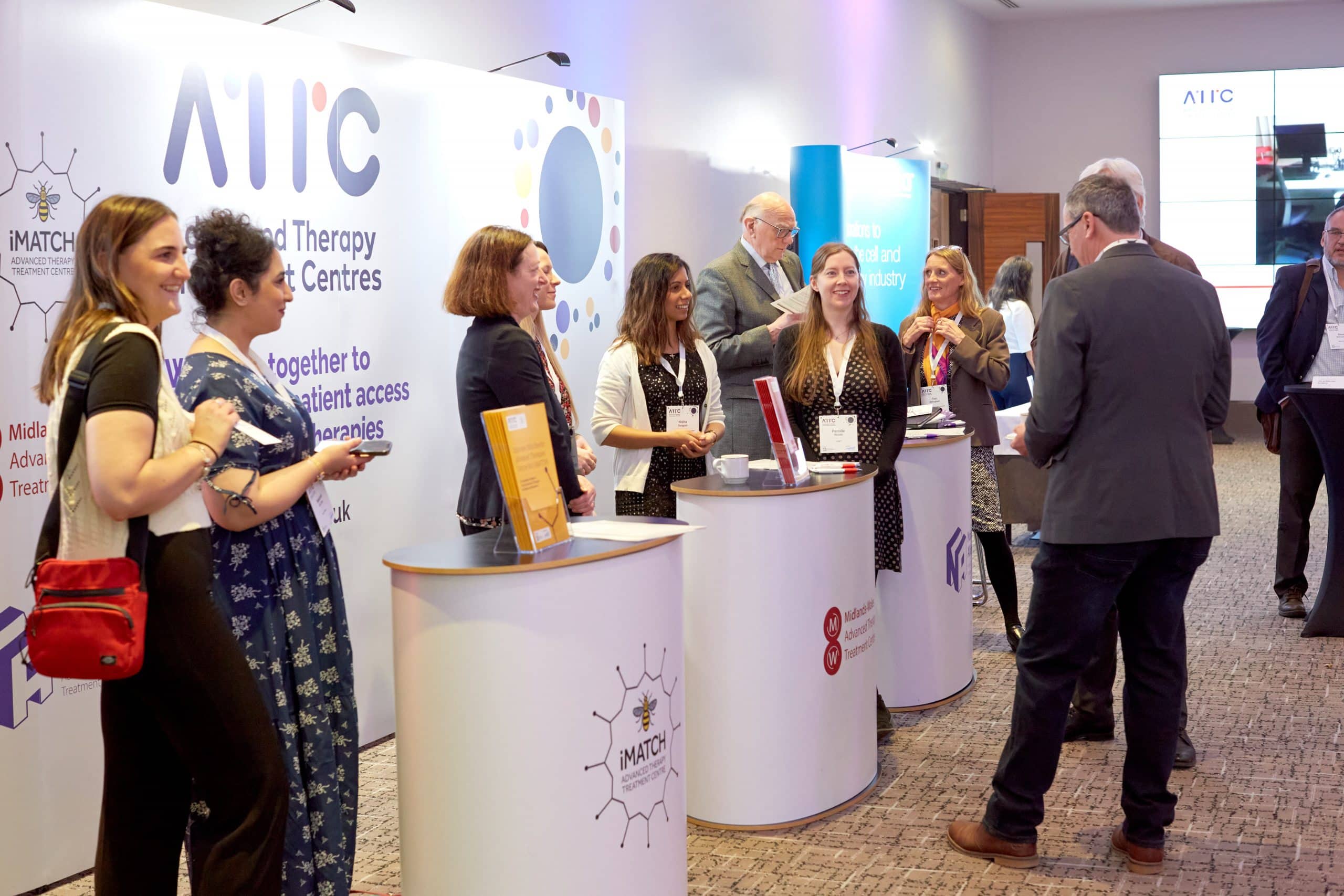The University of Birmingham will play a key role in a pioneering new gene therapy innovation centre set to advance scientific discoveries into promising treatment options for millions of patients with life-threatening diseases.
The Gene Therapy Innovation and Manufacturing Centre (GTIMC) will be led by the University of Sheffield in collaboration with the University of Birmingham, Cell & Gene Therapy Catapult, Centre of Process Innovation, University of Liverpool, and The Midlands-Wales Advanced Therapies Treatment Centre.
It is one of three pioneering hubs announced today in a new £18 million network funded by LifeArc and the Medical Research Council (MRC), with support from the Biotechnology and Biological Sciences Research Council.
Gene therapy is a promising treatment option for more than 7,000 rare diseases that currently have no cure. It aims to treat these conditions, by engineering another gene to replace, silence or manipulate the faulty one.
The UK has a world-class genetics research base – however, to date, academics have found it difficult to get access to the clinical materials, facilities and expertise required to progress gene therapy research into clinical trials.
Professor Mimoun Azzouz, Director of the GTIMC and Chair of Translational Neuroscience at the University of Sheffield, said: “The Gene Therapy Innovation and Manufacturing Centre will tackle major challenges in gene therapy development for some of the most devastating diseases.
“Gene therapies are pioneering medical advances that have the potential to offer much needed, novel, effective treatments for many rare and incurable diseases that cannot be treated by conventional drug compounds.
“Sheffield has emerged as one of the leading players in the cell and gene therapy and this national network of partners, facilities and training programmes will allow us to keep pace with translational discoveries for new and potentially life changing treatments. This is a momentous milestone for revolutionary medical advances.”
Professor Dame Pam Shaw, Director of the NIHR Sheffield Biomedical Research Centre and co-applicant on the GTIMC application said: “This exciting development and partnership will speed up the pull through of new gene therapies into early phase clinical trials and offer hope to patients with neurological and other rare diseases that can be addressed in this way.
“The support given to this initiative will greatly accelerate the translational potential of genetic therapies in the UK and bring benefits in key areas of unmet medical need.”
Professor Philip Newsome, Director of Research and Knowledge Transfer at the University of Birmingham’s College of Medical and Dental Sciences, said: “We are delighted to be part of this pioneering new gene therapy innovation centre, providing our leading expertise to play a pivotal role in its potentially life-changing work.
“By smoothing the transition between small-scale supply for early clinical trials through to larger-scale manufacture for patient trials, and beyond, the centre will be able to advance scientific discoveries into promising treatment options for millions of patients with life-threatening diseases.”
The state-of-the-art centre will bring together academic institutions, NHS trusts, non-profit and industry partners across the north of England, Midlands and Wales enabling academic-led clinical trials of novel gene therapies.
The GTIMC will deliver essential translational and regulatory support alongside extensive training and skills programmes to enable upskilling and address shortage of skills in Good Manufacturing Practice manufacturing.
The facility will utilise highly efficient processes to manufacture clinical grade adeno-associated viruses and provide all the necessary quality assurance, regulatory certification and governance for human trials at Advanced Therapies Treatment Centres and NHS trusts within the GTIMC and the national network.
The three national hubs, located at the University of Sheffield, Kings College London, and NHS Blood and Transplant in Bristol will operate as a coordinated network, sharing technical skills and resources to enable innovative gene therapy research.
Dr Melanie Lee, CEO of LifeArc, said: “Recent innovations in gene therapies hold enormous potential for treating conditions such as rare diseases, but often promising ideas – particularly in academia – are not making it through to patients. Through our collaboration, we aim to meet the need for researchers to have access to the essential facilities and translational advice to progress promising research.”
The GTIMC will manufacture commonly used vectors including both lentivirus and adeno-associated virus that are needed for genetic therapy trials, while positioning the UK for significant bioprocessing innovation work with the potential to radically increase yields and reduce productivity barriers in future years. The hub network will also design and share commercially ready platforms, using common cell-lines, plasmids and reagents to reduce costs, facilitate simplified licensing agreements and streamline regulatory reviews.
Professor Fiona Watt, MRC’s Executive Chair, said: “The new network of Innovation Hubs for gene therapies will build on the UK’s great strengths in this area, providing targeted investment in vital infrastructure to accelerate academic research programmes down the path to patient benefit, supporting the delivery of a new wave of genetic medicines.”


